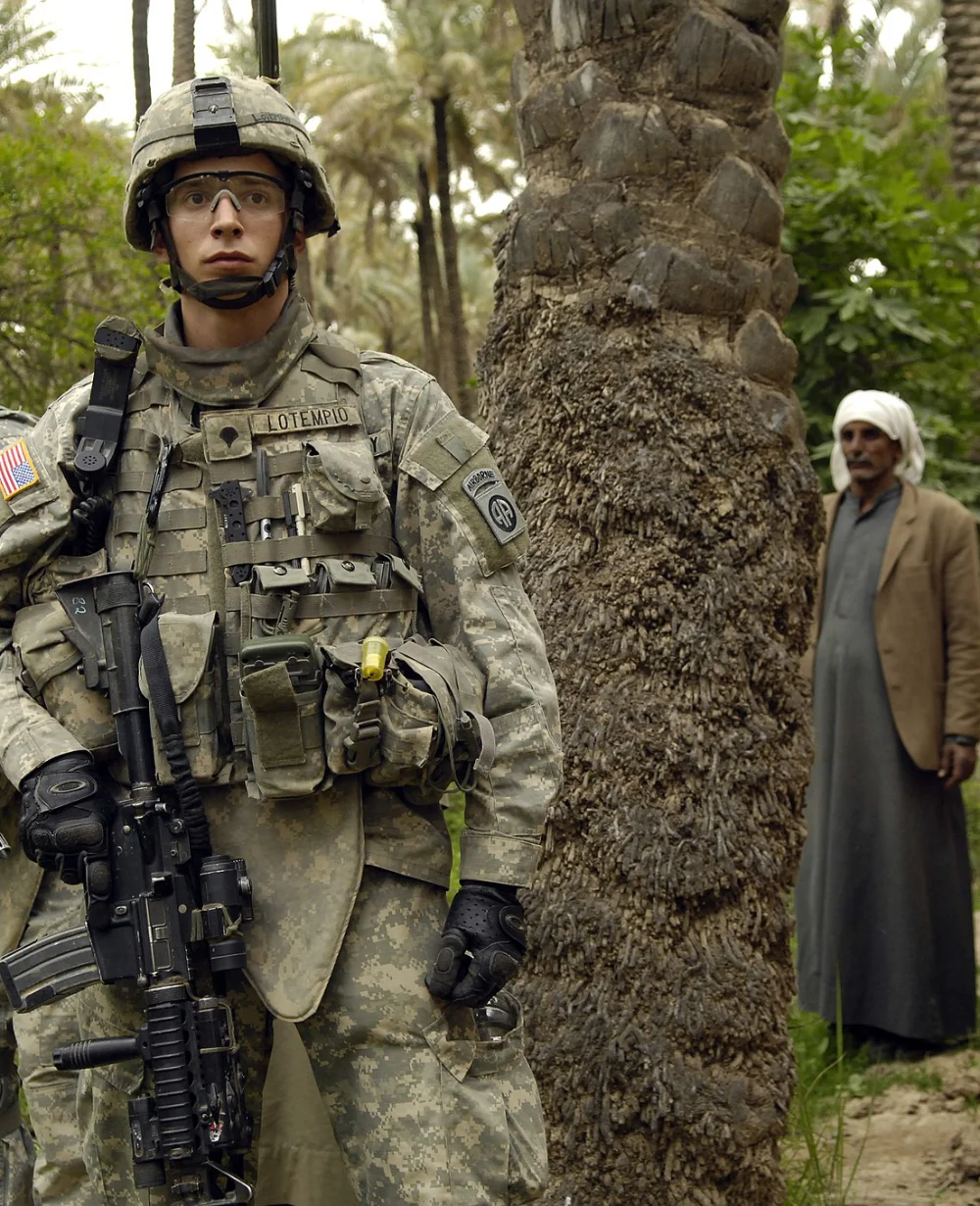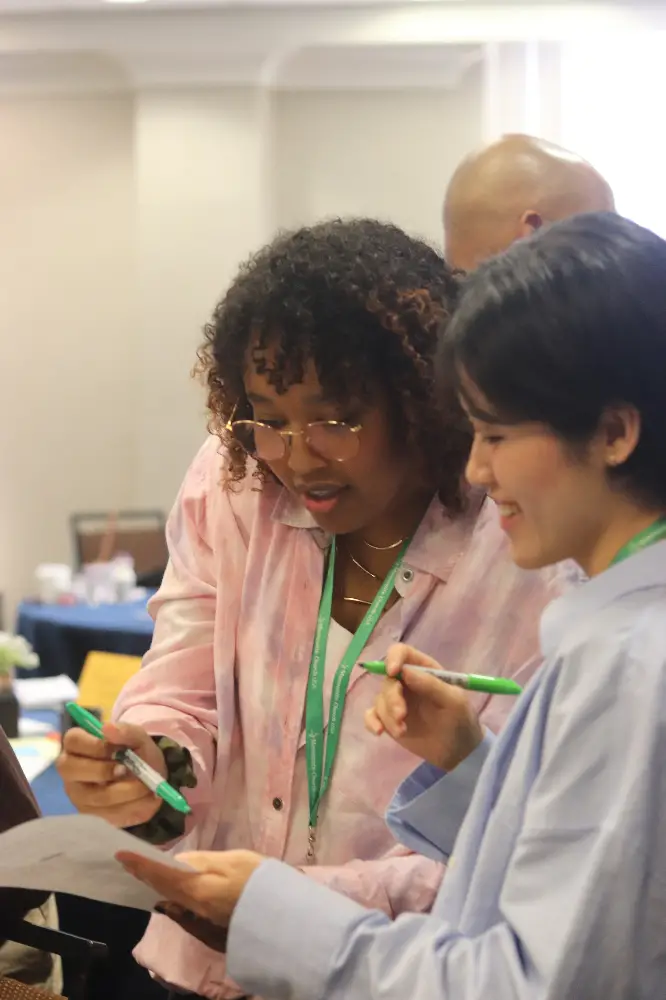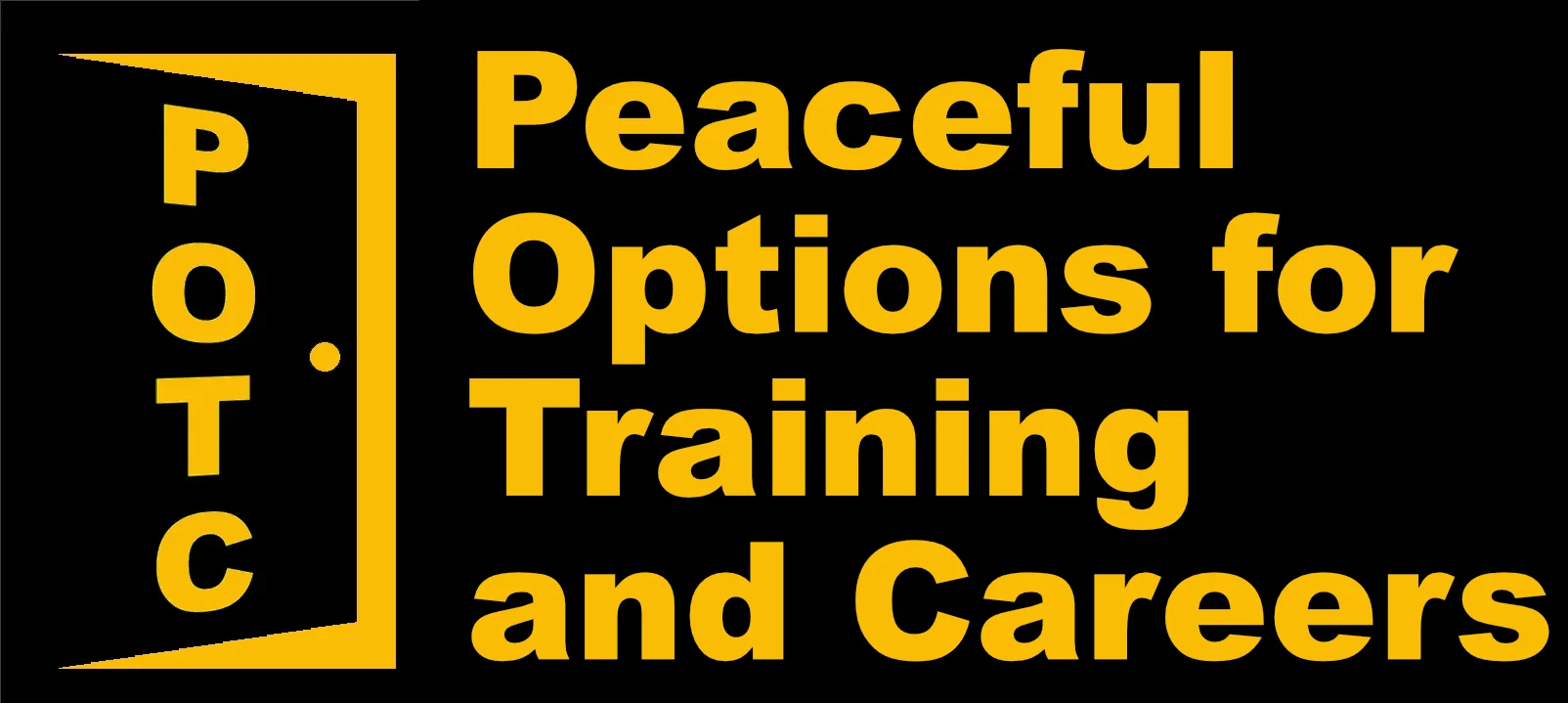The Answers You Need
FAQs
What does POTC offer?
We offer information and resources that will help you find viable options for education, training and service after high school. There are so many varied kinds of opportunities to sort through: schools, apprenticeships, internships, work camps, service experiences, international placements, job shadowing options, job training, full-time employment, gap year experiences and more. A POTC counselor can listen, ask questions, and help you think through your options.
What will happen if you request help from a POTC advisor?
If you request to speak with a advisor, one of our advisors will be in touch within 48 hours via the method that you choose (text/phone/email).
Our trained advisors will listen to your questions and help you find information that will be helpful. We will not make arrangements for you. This is your life, your future and these are your choices. We want you to thrive and will do our best to respond to your questions with good information.
Why do we do this work?
We believe in a peaceful world where every human life has value, dignity and meaning. We believe that our world needs the skills and creative problem-solving ideas of our young adults in areas as diverse as environmental science to mechanics to medicine. We know that some people choose military service because it doesn’t seem like there are any other options. But we know that military enlistment is not always a good fit and we believe that we can build a more secure future through peacebuilding skills. So we are here to help you find an alternative that works for you.
What Should I Know About the Military?
Not sure the recruiters have told you everything you should know about military life? Check out these sites for more information.
What should I know about a military enlistment contract?
The military enlistment contract, DD Form 4, is not a typical contract, as it is subject to change at any time without notification. The language below appears as item 9b on all enlistment contracts.
Laws and regulations that govern military personnel may change without notice to me. Such changes may affect my status, pay, allowances, benefits and responsibilities as a member of the Armed Forces REGARDLESS of the provisions of this enlistment/reenlistment document.
Additional language (page 2, item 10 b/c) states that in time of war your contract may be extended without your consent and that if you are a reservist during time of war you may be called to active duty without your consent. Finally, the form states that only the agreements on DD Form 4 will be honored and that all other promises made by any other person are not effective and will not be honored.
This means that any verbal promises made by a recruiter that are not in the contract will not be honored. And, as stated above, even the written provisions can be changed without notice if laws and regulations change.
How long is a military enlistment?
Everyone’s Military Service Obligation is for eight years, a combination of active duty and reserve service. A typical obligation is 4 years of active duty, followed by 4 years of reserve status, but individual contracts may vary depending on one’s military job and the particular branch of service. Bottom line: when you enlist, you make a long-term commitment.
If I enlist but change my mind before going to Basic Training, can I withdraw?
Based on military regulations and consistent military practice, enlistees in the Delayed Entry Program can get out of the military without reporting for Basic Training. If you are in this situation, call the GI Rights Hotline (877 447-4487) for information, or visit the Hotline website and click on DEP Discharges (Delayed Entry Program).
New enlistees change their mind for a variety of reasons. Sometimes people enlist because of pressure from family and friends or from their military recruiter, without thinking through the decision. Sometimes life circumstances change. Enlistees may get a good a job, have the opportunity to go to college or get married.
These are common occurrences in the lives of new enlistees. If you are in this situation, and especially if you are in the National Guard which makes withdrawal a bit more complicated, please call the GI Rights Hotline.
Once I am already in training or at my permanent duty station, can I quit my enlistment if things aren’t working out the way I had expected?
The short answer is NO. While there are legitimate reasons for a discharge, it takes some time to gather the documentation and convince your command structure that you will not be able to complete your enlistment contract. Discharges happen for a wide variety of reasons including: physical injury, failure to adapt to military life, family hardship, mental health issues, misconduct and conscientious objection to war to name a few.
But, unlike other jobs in the civilian world, you cannot give a two-week notice and leave. If you just leave without permission, you will suffer negative consequences.
What should I know about the education benefits promised by the military?
Education benefits are a popular motivation for enlistment. 53% of military members cite education benefits as the primary reason they enlisted. (Diverse Issues in Higher Education, 2021).
Education benefits are often difficult to use while on active duty (Hechinger Report, 2021), but are frequently used by veterans.
Only veterans with an honorable discharge are eligible to receive education benefits. Roughly 85% of veterans are discharged honorably (National Library of Medicine, 2017), meaning 15% of those who serve are not eligible to receive education benefits after discharge.
To receive the maximum benefit from the Post 9-11 GI Bill, you must serve honorably for 36 months. For honorable service less than 36 months, the education benefit is pro-rated. For example, those discharged after 3-6 months of honorable service are only eligible for 50% of the education benefit, unless discharged for a service-connected disability (U.S. Department of Veterans Affairs, 2023).
Only 40% of Army veterans actually utilize the Post 9-11 GI Bill education benefits to which they are entitled (Brookings Economic Studies paper by Michael Kofoed, 2020 p. 9). This study does not include the use of the Montgomery GI Bill or Tuition Assistance programs.
If I join the National Guard, is there any chance I could get called to active duty and be deployed?
The short answer is YES.
“…soldiers seemingly have a similar, if not higher, rate of deployment now as during the height of the Global War on Terror. (April, 2023 article in Military.com)
The new standard for deployment-to-dwell ratio would be at least 1:3, according to a memo signed Aug. 16, 2021, meaning active-duty troops would spend three years at home for every one year deployed or mobilized.
For the reserve component, the current 1:4 standard would bump up to at least 1:5 (September 2021 article in Military Times)
Lt. Col. Johansson highlights a shift towards more diverse and frequent deployments, with soldiers spending an average of six to twelve months on the ground. (June 2023 article in Lavender Magazine)
What percent of enlistees are discharged before their first 3-year contract is complete?
By the end of 36 months, total attrition varies from 18.5 percent in the Marine Corps to 29.7 percent in the Army. (RAND Corporation study on attrition rates in the US Military, 2020 page xii). In other words, 18%-30% of enlistees do not complete their initial contract.
Discharges happen for a wide variety of reasons including: physical injury, failure to adapt to military life, family hardship, mental health issues, misconduct and conscientious objection to war to name a few.
What should I know about the signing bonuses that come with military enlistment?
Signing bonuses are usually tied to certain jobs, length of service commitment or civilian experience. Bonuses are not paid immediately and may be paid in installments, usually beginning after you complete your training (Military Money article, 2023).


How Do I Know if a Career Coach is Right for Me?
These advisors have a passion for helping young people figure out their next career step, whether a job, internship, apprenticeship, college, or service organization.
Please reach out to us if you’re interested in being connected with an advisor, no matter where in the U.S. you are.
